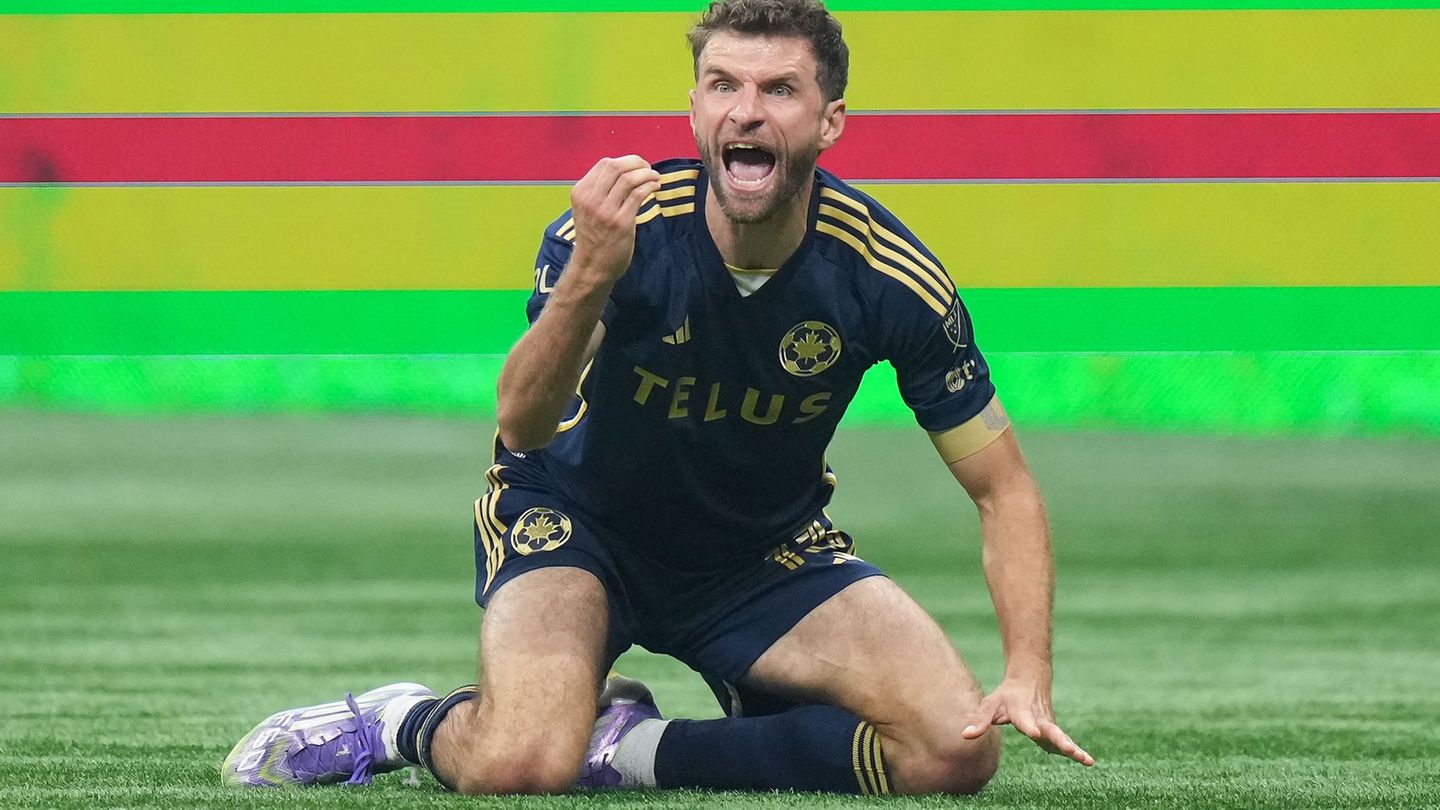7,251 police officers have been infected with the corona virus since the outbreak of the pandemic. Four Covid-19-related deaths have been recorded by the executive branch, the last so far in early February. There are also cases of long covid “in the double-digit range”, as Karl Hutter, head of the Corona Task Force in the Ministry of the Interior, said on Monday. Among those affected are “young, fit, special-use officials”.
Infection numbers above average
The aim is to protect colleagues from infection and possible illness. “Right from the start we tried to protect, test and vaccinate as much as possible,” emphasized Hutter. The vaccination coverage rate for the executive is currently 84 percent, the main focus is currently on boosters. Separate vaccination lines and vaccination days – for example in the Ministry of the Interior – have been set up for the third stitch, but of course also for the first stitches that have to be made up: “The dates are fully booked.”
Nevertheless, the infection numbers are above other professional groups and above the average of the Austrian population, Hutter confirmed. 18.7 percent of the law enforcement officers have already received a positive test result. A certain risk of contagion “brings with it the dangerous nature of the police profession”. Therefore, the main thing is to consistently comply with the existing protective measures – such as the 3G rule in the workplace – and to give colleagues an opportunity to be resilient, explained Hutter. With currently 568 active cases, it is clear that the work of colleagues who have been reported sick in connection with Corona must be carried out by others.
“Vibe is not the best at all”
“The mood in the police is not at all the best, especially in the metropolitan areas,” reported police unionist Hermann Greylinger. The large number of tasks that were additionally entrusted to the police in the fight against the corona pandemic, “is now an issue for many colleagues,” said the chairman of the Social Democratic Union (FSG) group in the police union. In the end, the fact that infections occur cannot be prevented insofar as the law requires the police to “go to the danger,” admitted Greylinger. Protective devices have their limits when it comes to arrests and controls: “As a police officer, you cannot avoid direct contact.”
In principle, however, the employer could very well contribute to making the work of the executive “safer”. Greylinger, for example, suggests the purchase of air purification devices for all police stations, training and further training units that are not urgently needed should be postponed until after the pandemic – at least until the fourth wave subsides.
Several long covid cases among officials
According to the trade unionist, cases of Long Covid – officials who do not recover from the consequences of an illness for a long time – are not so rare. The fact that the allowances are canceled as part of their salary from the 30th day of sick leave leads to considerable financial losses through no fault of their own. “We have therefore been demanding for 18 months that the flat-rate allowances must continue to run in these cases,” stressed Greylinger. In the Ministry of the Interior one can understand this requirement, but refers to the existing legal regulations. In order to continue receiving the allowances, an accident at work is necessary, which is difficult to prove in the case of a corona infection, since it is usually not possible to clarify whether a police officer was infected during a demo or before or after.
The controls to determine whether the prescribed measures to contain SARS-CoV-2 are being adhered to are the responsibility of the police, as is the imposition of penalties, the writing of notifications or the checking of segregation notices. In addition, the police are on duty at the regular demonstrations by opponents of the corona measures and the vaccination against Covid-19. According to Gerhard Zauner from the Christian Trade Union Party (FCG), the police force an average of around 60 hours of overtime per month for every policeman. “We have now reached a situation that is no longer acceptable. The colleagues are regularly ordered into their leisure blocks, regularly provide 24-hour duty,” the Ö1 journals quoted Zauner on Monday.
The Vienna State Police Directorate was unable to confirm these figures. As a spokeswoman explained on request, the tasks associated with Corona – demonstrations, controls or focus actions – have so far only made up two percent of the total number of overtime hours this year. In Vienna, therefore, every police officer worked around 40 hours of overtime in the observation period from January to October. At least in Vienna, according to the police spokeswoman, there is no evidence that more law enforcement officers have fallen ill than in previous years: “In principle, there is no increase in the total number of sick days this year.”
Source: Nachrichten




